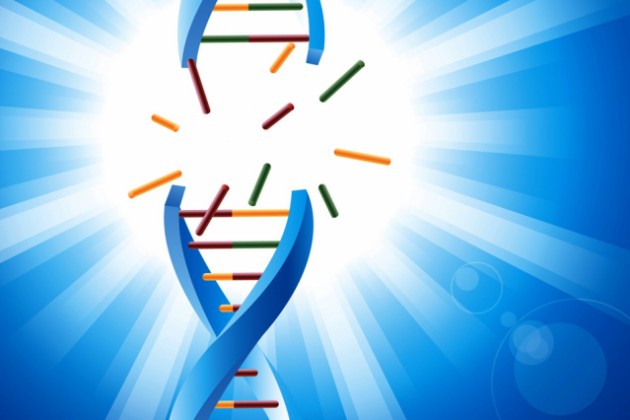Many chemotherapy drugs work by damaging cancer cells’ DNA so severely that the cells are forced to commit cellular suicide. However, these drugs don’t work for all patients: If cells can repair the DNA damage, they may survive treatment.
MIT researchers have now developed a way to test cells’ ability to perform several different types of DNA repair, and to use that information to predict how tumors will respond to a particular drug.
In a paper published in the journal Cancer Research, the researchers successfully predicted how difficult-to-treat brain tumors would respond to the first-line chemotherapy drug used in such cases. They made these predictions by analyzing four different DNA repair pathways in human tumor samples grown in mice…
Source: MIT News
Plus0707




